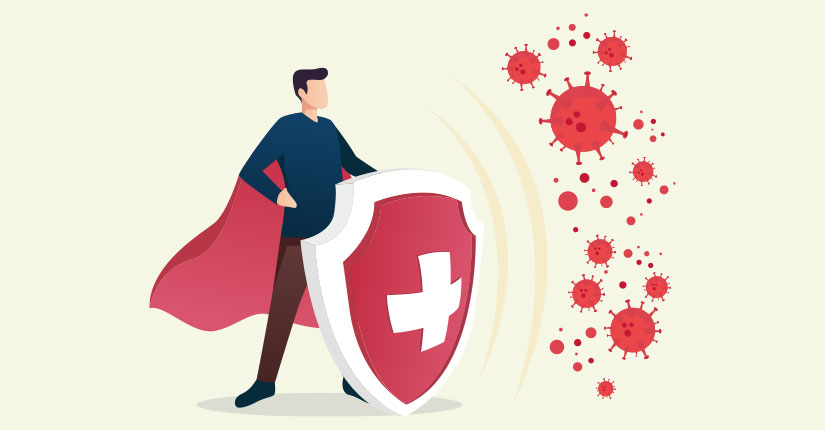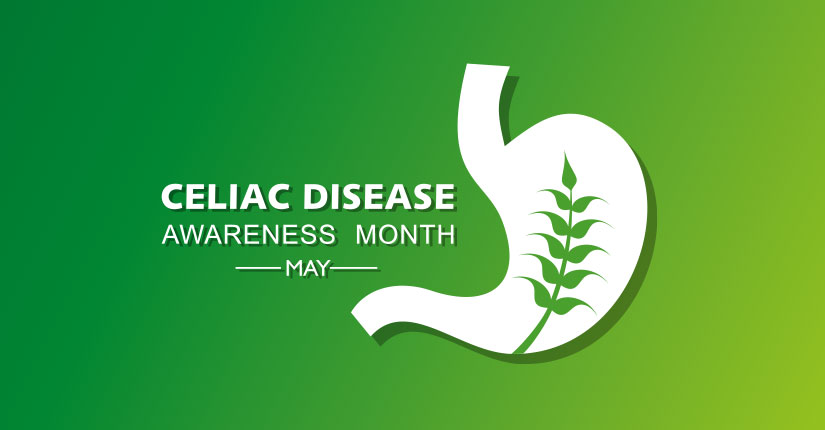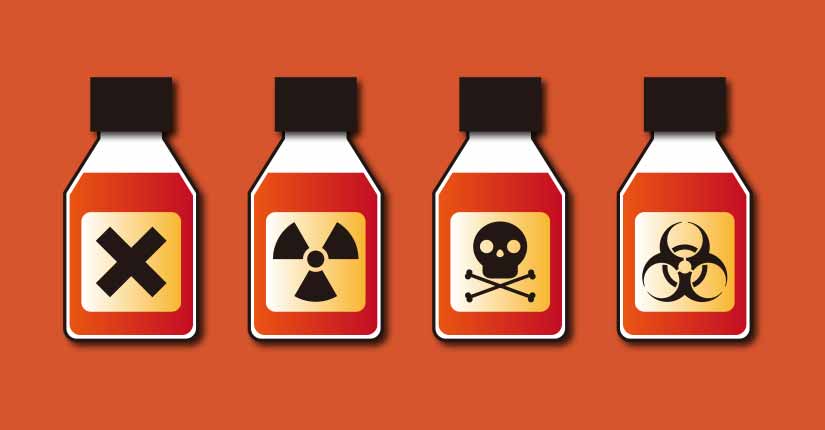3 Ways To Improve Immunization and Combat The Spread of Preventable Diseases
By Nmami Agarwal 10-Aug 2022 Reading Time: 3 Mins

Immunization is one of the greatest achievements of modern medicine. August month is marked as National Immunization Awareness Month (NIAM). Immunization is extremely important for sustainable development. Immunization prevents death and diseases like Tetanus, Influenza, Polio, Whooping Cough, and Measles. Vaccination helps not only in saving vaccinated individual’s life but also helps in reducing the spread of disease within the community.
Here are ways to improve immunization and combat the spread of preventable diseases
- Reaching out to the underserved communities and prioritizing reducing vaccine hesitancy – Underserved communities have a negative impression of medical science and hence they are hesitant towards immunization. There needs to be a special awareness campaign and appropriate treatment and care need to be given irrespective of class and creed in this society to improve the immunization rate. There needs to proper interaction between healthcare facilities and underserved populations, with detailed information and explaining well about immunization. Once they can gain the confidence and trust among these communities immunization rate can be improved and the spread of diseases can decrease.
- Encouraging annual pediatric check-ups and immunization – Routine check-ups should be encouraged. During this check-up, the immunization schedule should be updated. Special check-up campaigns can be conducted and the significance of immunization should be explained. At the time of check-up, the importance of immunization should be educated and any confusion or doubt should be cleared. Pediatricians should ensure that patients are regularly taking the scheduled vaccines and not missing any.
- Bust all myths and stay educated – Through special awareness programs all the myths and disinformation should be cleared and special awareness should be spread to educate the population regarding the importance of immunization. Educating by conducting various programs, especially where the rate of immunization has reduced or is less. Along with the health care workers, Doctors’ awareness programs should also include real people who got vaccinated to explain what made them believe in vaccination and any side-effect or issues identified by them.
Over To You
To improve the immunization rate, a whole team of Doctors, Nurses, Health Care officials, and Government officials will be required to take encouraging and effective steps.




















